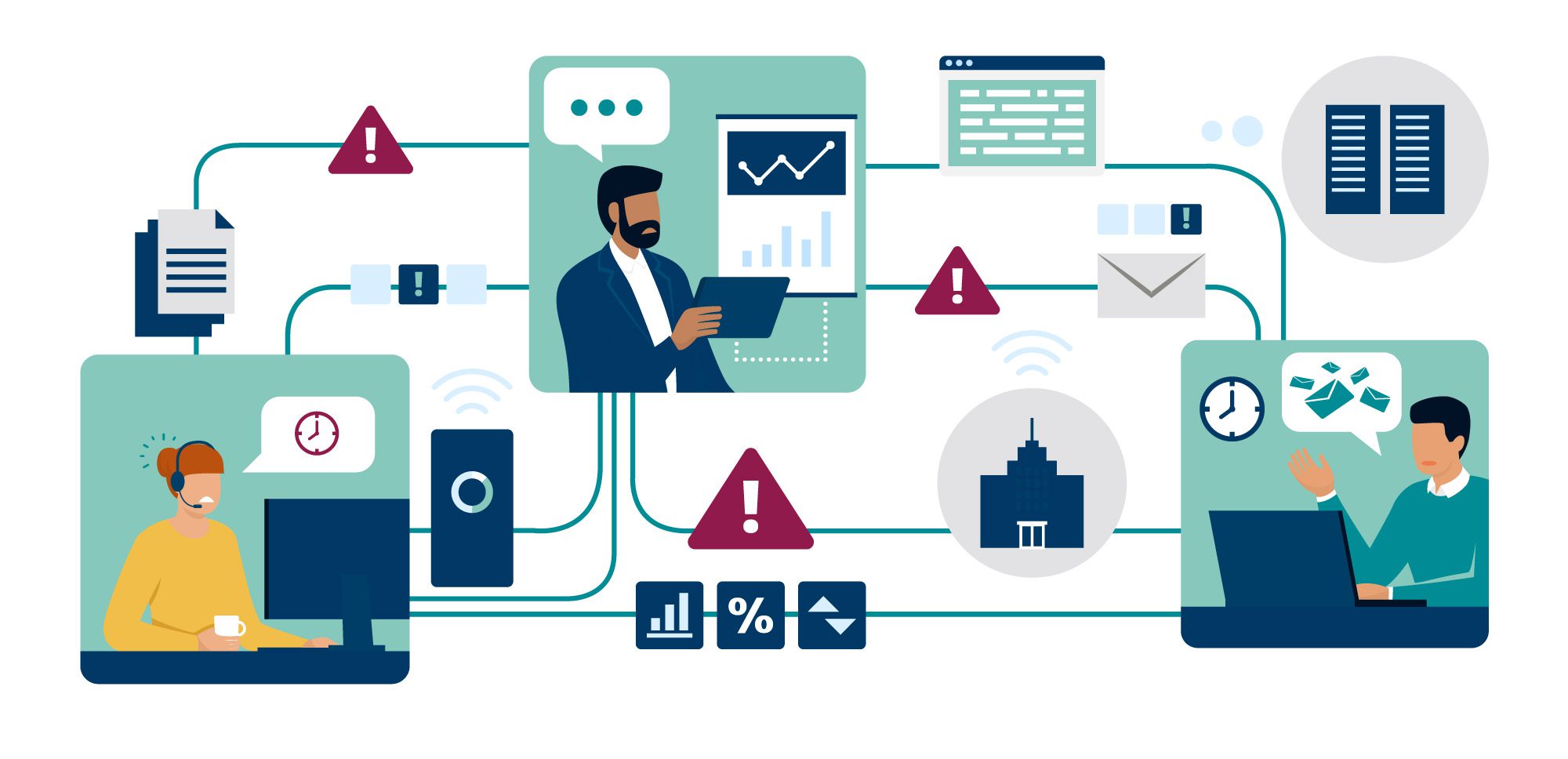Intercompany Accounting Challenges Can Stall Your Financial Close
Blog post
Share
Trintech’s 2021 Global Financial Close Benchmark Report identified major challenges that CFOs will continue to face into 2022. The new reality of remote work has exposed the gaps and bottlenecks created by non-standardized processes, which can slow down the overall close process. For complex accounting tasks like intercompany accounting, slowdowns and setbacks and disconnects can have hugely negative effects on an organization.
In order to understand why intercompany accounting is a significant issue for organizations, it is important to recognize the main challenges involved and how to resolve them.
“The effectiveness of a company’s intercompany accounting process has an impact on its speed to close, the complexity of its accounting practices, and its exposure to regulatory risk; it can create an administrative burden for accounting staff for what is essentially an internal, non-value-creating process from the shareholder perspective. Getting it wrong can have serious financial implications.”–Optimizing the Intercompany Accounting Process, The Hackett Group
Intercompany accounting is easily one of the most complex and complicated challenges the Office of Finance is required to handle. However, it is often not given the support and attention it deserves, which creates many issues for the Office of Finance that affect the integrity of the overall close process.
Challenges of A Typical Intercompany Accounting Process

The concept of intercompany accounting seems simple enough — organizations operate as usual and when resources and goods are exchanged between entities, the invoices are sent and the transactions are recorded. But because these activities are typically performed manually, issues arise. This is only compounded if an organization’s ERP in financial management isn’t equipped to handle three way reconciliation or other complex tasks.
Lack of Timely Agreements Between Counterparties
To an outside party, it might seem fairly straightforward that when a resource is exchanged between entities; an invoice is sent and they each reconcile it in their own books. But what if there is a dispute between the two entities about the transaction? An ongoing intercompany balance that is unconfirmed for several days can result in greater implications, if discovered at all, such as the increased chance that it will end up as a write-off.
Absence of Visibility and Control
Because intercompany accounting rarely gets the amount of attention it deserves, the process likely lacks standardization across the entire organization. The resulting deficit of visibility and control into trade and non-trade transactions creates unnecessary risk. Also, the over-reliance on key people throughout the reconciliation process causes an absence of defined ownership, and the transaction might never make it into the general ledger. This erases the existence of a single source of truth for the close process, compromising the integrity of the data that is fed into the Office of Finance.
A Reconciliation Tool That Seamlessly Integrates With Your ERP in Financial Management

A financial automation solution that effectively supports various matching types and volumes can enable organizations to establish an overarching system of controls to resolve these challenges. Even better if that solution includes a pre-built option to drop directly into your ERP, like Adra by Trintech. Automated software that can deftly handle complex challenges like three way reconciliation or many-to-many matching standardizes the process and flags any discrepancies that may need a human eye.
Establish One Source of Truth
Standardization is an important element to establish across the reconciliation process, especially when it comes to data. Following common financial close practices, like recording transactions in different ways through different ERPs, will no doubt compromise the accuracy of the reconciliation process, as well as the entire month end close. It is important that there is one central place to record and refer to data.
A solution like the Adra Suite, with its built-in connectors for various ERPs and simple implementation, can bring the standardization, visibility, and control that manual processes can’t achieve. Strengthen your organization’s approach to challenges like intercompany accounting and three way reconciliation with this powerful tool.
[cta-content-placement]
Written by: Nathan Stabenfeldt

